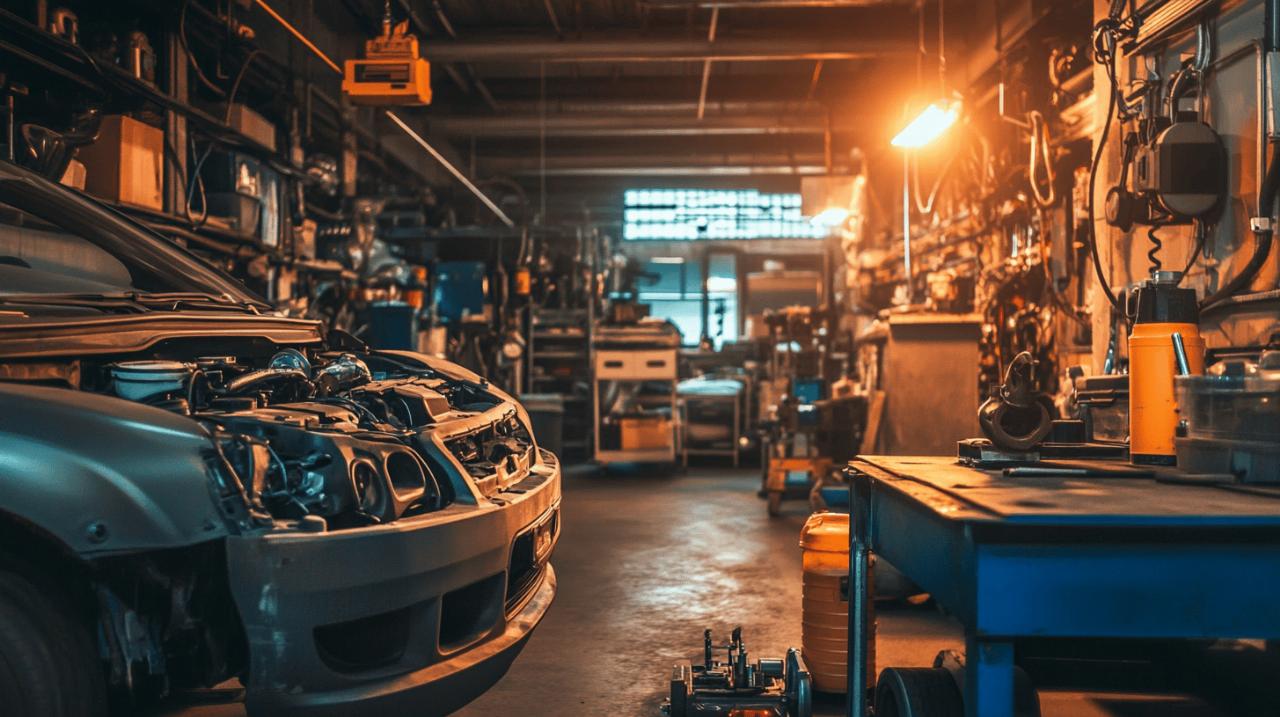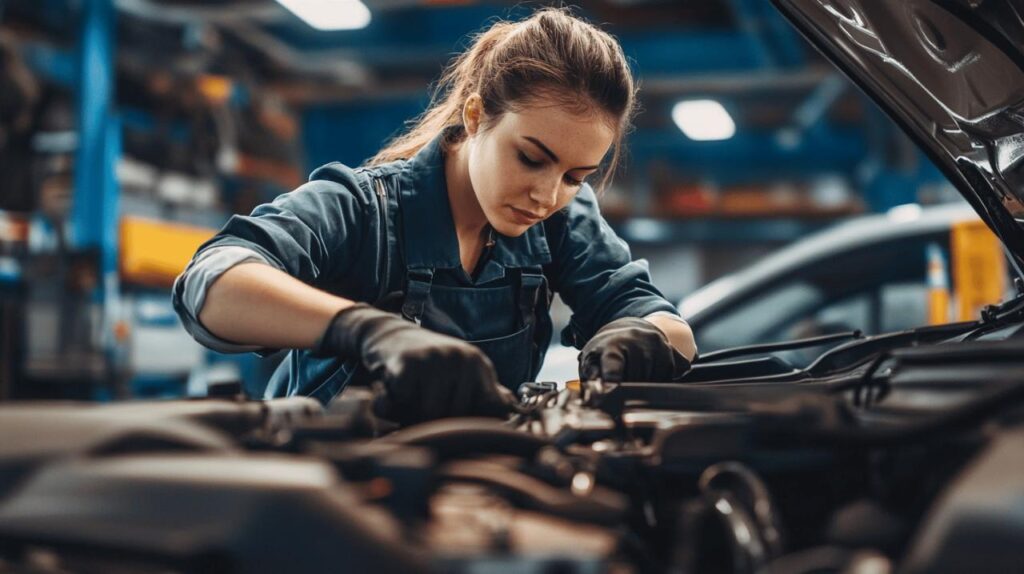Owning a vehicle comes with responsibilities, and proper maintenance is key to ensuring your driving experience remains smooth and trouble-free. By following expert-recommended practices, you can significantly extend your vehicle’s lifespan while maintaining its performance and value. This comprehensive guide offers practical advice for keeping your motor car in excellent condition year-round.
Essential routine checks for optimal performance
Regular inspections form the foundation of any effective maintenance routine. The Auto H system in modern vehicles requires particular attention to ensure optimal functionality and longevity. These simple yet crucial checks can prevent costly repairs and keep your vehicle running smoothly for years to come.
Monitoring fluid levels and quality
Fluids are the lifeblood of your vehicle, each serving a critical function in keeping components operating properly. Engine oil lubricates moving parts and prevents excessive wear, while coolant regulates temperature to prevent overheating. Transmission fluid ensures smooth gear changes, and brake fluid enables safe stopping power. Checking these fluids monthly takes just minutes but can save thousands in potential repair costs. Pay attention not only to levels but also to fluid quality—discoloured or gritty fluids often indicate underlying issues requiring professional attention.
Tyre pressure and tread inspection
Tyres represent your only contact point with the road, making their condition essential for safety and performance. Maintaining proper inflation levels improves fuel efficiency, extends tyre life, and enhances handling characteristics. Use a quality pressure gauge to check pressures when tyres are cold, following the manufacturer’s specifications rather than the maximum pressure listed on the tyre sidewall. Equally important is regular tread inspection—look for uneven wear patterns that might suggest alignment issues, and verify sufficient tread depth using the simple coin test. Adequate tread ensures proper water displacement during wet conditions, preventing dangerous hydroplaning situations.
Seasonal maintenance strategies
 Different weather conditions present unique challenges to your vehicle’s systems and components. Adapting your maintenance approach with the changing seasons helps protect your investment and ensures reliable operation throughout the year. Preventative care based on seasonal needs can significantly reduce unexpected breakdowns and extend your vehicle’s service life.
Different weather conditions present unique challenges to your vehicle’s systems and components. Adapting your maintenance approach with the changing seasons helps protect your investment and ensures reliable operation throughout the year. Preventative care based on seasonal needs can significantly reduce unexpected breakdowns and extend your vehicle’s service life.
Winter preparation checklist
Cold weather places extraordinary demands on vehicles, making thorough preparation essential before temperatures drop. Battery performance typically decreases in cold conditions, so having yours tested before winter arrives can prevent frustrating morning non-starts. Cooling systems require special attention with antifreeze levels and concentration checked to prevent freezing and potential engine damage. Winter-specific windscreen washer fluid with antifreeze properties helps maintain visibility during sleet and snow conditions. Consider switching to winter tyres for improved traction on snow and ice, particularly if you live in regions with severe winter weather. Finally, carrying an emergency kit with blankets, torch, and basic tools provides peace of mind during winter travel.
Summer heat protection measures
Hot weather presents its own set of challenges for vehicles. Cooling systems work harder during summer months, making coolant condition and level checks particularly important. Battery failure actually occurs more frequently during extreme heat than in winter, so ensure terminals are clean and connections tight. Air conditioning systems should be evaluated early in the season to identify potential issues before temperatures soar. Tyre pressure requires more frequent monitoring during hot weather, as heat causes pressure increases that can lead to blowouts if tyres were already overinflated. Interior protection measures like windscreen sunshades and parking in shaded areas whenever possible help preserve dashboard materials and keep interior temperatures manageable.

